Building a Great Team for Digital Success in Radio
Years ago we wrote about radio heading for a tipping point where digital sales would eclipse all traditional media sales combined. At that time companies average percentage of revenue from digital was less than 5%, with the leader doing low double digits. Today, Townsquare announced that for the first time, more than 50% of their revenue comes from digital, accounting for 63% of their profits. Sounds great, but how did they do it? And more importantly, how can the rest of the radio industry do it?
As the radio industry continues to adapt to the ever-changing digital landscape, building a great team remains a critical factor in achieving success. However, in 2023, the challenge is no longer just about building a team solely from radio but building a cross-functional team that touches all parts of the business and understands today’s audiences and their interactions with content, media, and advertising.
The Digital Talent Challenge in Radio
In the past, talent on-air and sales teams in the market have been the pride of radio’s assets. However, executing successful digital campaigns requires more than that. It requires modern expertise in understanding digital marketing, user behavior, and technology. The rise of programmatic advertising, AI, and big data analytics in recent years have further elevated the importance of digital talent in radio.
Today, small to medium-sized companies are also able to compete with large radio operators using new software platforms designed specifically for traditional broadcasters. These platforms, unlike the third-party solutions we profiled years ago, are now tailor-made to meet the specific needs of radio, presenting both a challenge and an opportunity for large companies that have already made massive investments to do it all in-house.
Borrowing from the EOS Worldwide management system philosophy, hiring for radio today must take a “First Who, then What” approach to team building. They liken a company to a bus, with seats (job descriptions). The seats are the “what”. The “who” refers to the types of people that embody your desired culture. Desired culture is an adjustment to your existing culture, which means to take the best shared characteristics of your best team members, and then add a critical element; the ability to learn and adapt quickly. Radio is no longer just in the radio industry, it is in the fast paced modern media industry, which is on the forefront of digital changes in society. Hiring for experience or skill is the reverse of this philosophy. First find people that fit the desired culture, then find out what the right seat is for them. First “who”, then “what,” because the “what” continues to evolve and adapt quickly.
Types of Digital Revenue for Radio
Understanding the types of digital revenue available to radio is critical to achieving success in the digital age. In 2023, radio operators can take advantage of four key revenue types:
- Selling their owned and operated digital inventory on websites, mobile apps, or social media platforms bundled with integrated promotions.
- Programmatic advertising campaigns that allow buying and selling of ads on local websites that fit the target demo of the radio station.
- Marketing solutions that leverage sales relationships to provide services such as building advertisers’ websites
- Programmatic audio exchange, which allows for buying and selling of ads dynamically for on-air audio.
If a team is made up exclusively of radio people with no ability to adapt this new type of consultative sale to leverage the above, a combination of aggressive commissions, sales enablement training, and investing in a capable digital team lead to set the example to the rest is prescribed. Diversifying your team to include those from outside of radio, yet capable of learning radio will help lead your digital transformation from within, without relying on radio folk to figure it out internally by themselves. Solving the problem with legacy people involved in, and too close to the problem, often never solves the problem.
Digital Advertising Surpasses Traditional Advertising
As predicted, digital advertising has surpassed all traditional advertising combined, with radio taking notice and seeking to capture a larger share of the digital market. The industry believes that radio has what it takes to win the battle of the local audience and advertiser in the digital age, given its proven track record in delivering local content and engaging audiences. However, radio must remain vigilant and keep up with the latest trends and technologies to remain relevant and competitive. Radio is no longer just competing with the call letters down the street, they’re up against all media companies and agencies.
Keeping Up with Digital Trends

In today’s fast-paced world of digital advertising, staying ahead of new and emerging formats and solutions is critical. What worked in digital advertising ten years ago no longer exists today, and the landscape has undergone significant changes in the last 2-3 years alone. Once radio operators take on the opportunity of digital sales, it becomes their obligation to remain relevant and deliver results to their advertising clients no matter what the latest trends are. While the strength of your team is crucial in doing this, it really only takes one visionary on the team to assume the mantle of “futurist” so long as there is an easy process to funnel insights back to the team.
Visit socastdigital.com to speak to a specialist about how we can help you achieve digital success in radio broadcasting.
Conclusion
In conclusion, the appetite for digital success in radio has blossomed since COVID and building a great team is crucial to that success, but the challenge has evolved. Radio must build cross-functional teams that understand digital marketing, user behavior, and technology while keeping up with the latest trends and technologies. Radio operators must also leverage all types of digital revenue available to them, including the new programmatic audio exchange, to remain competitive in the digital age. Despite the challenges, radio has what it takes to win the battle of the local audience and advertiser in the digital age, and it is up to industry players to embrace the digital evolution and thrive in the new landscape.

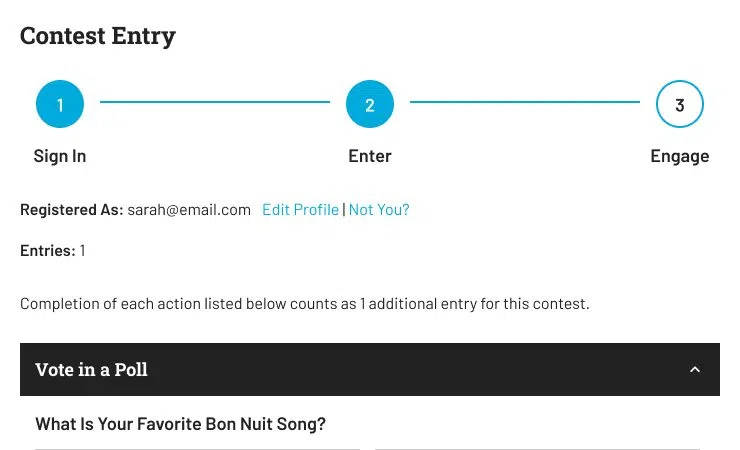

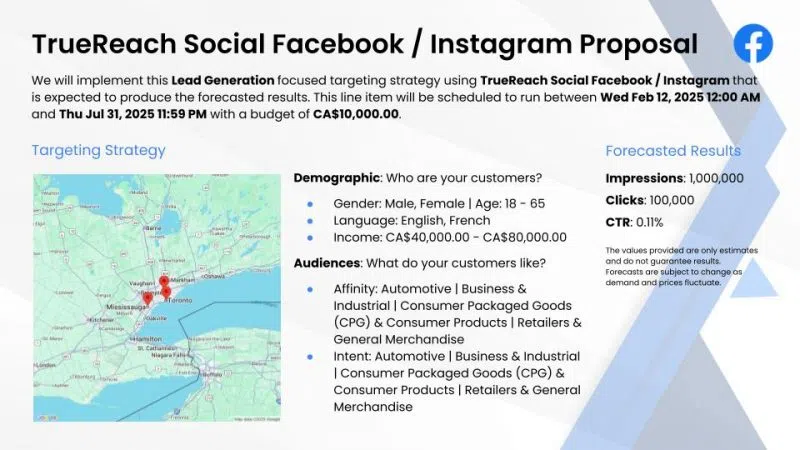
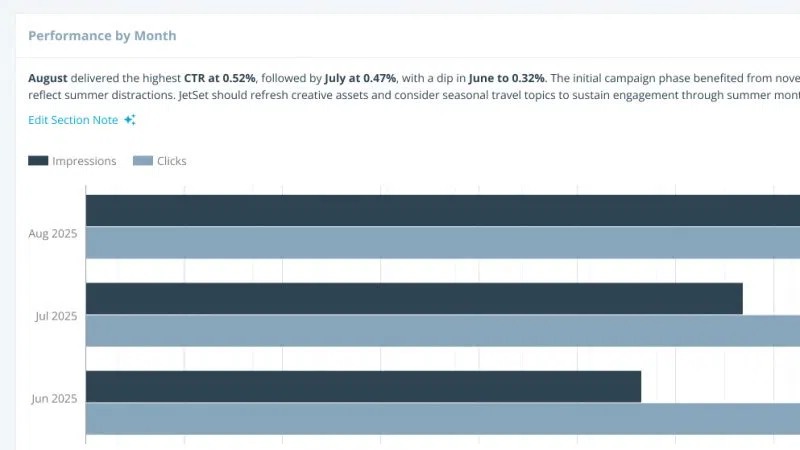
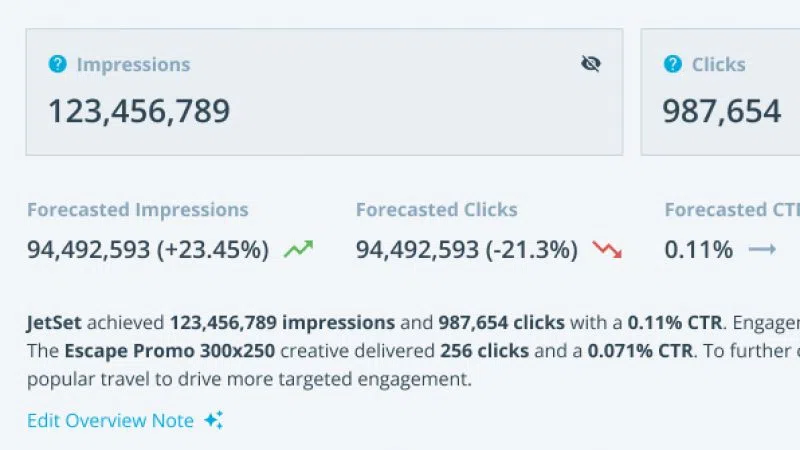

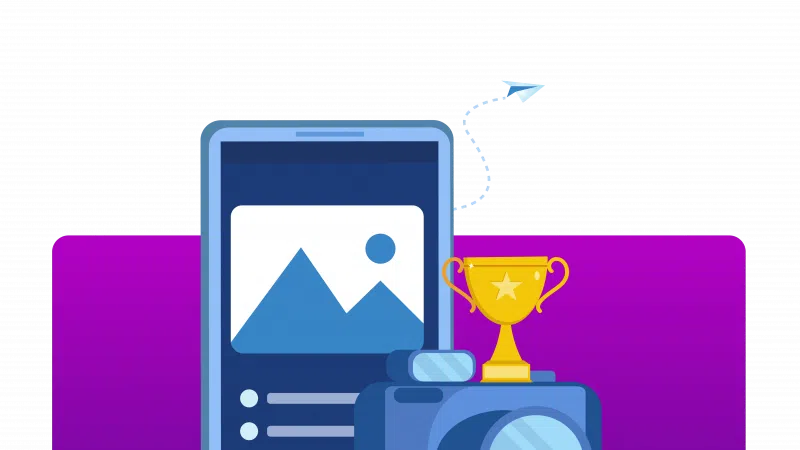
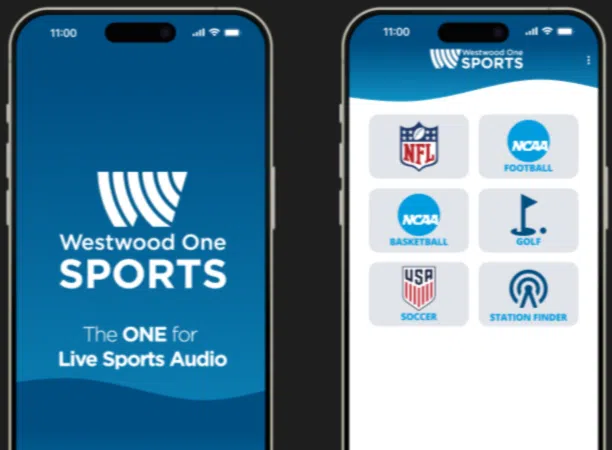

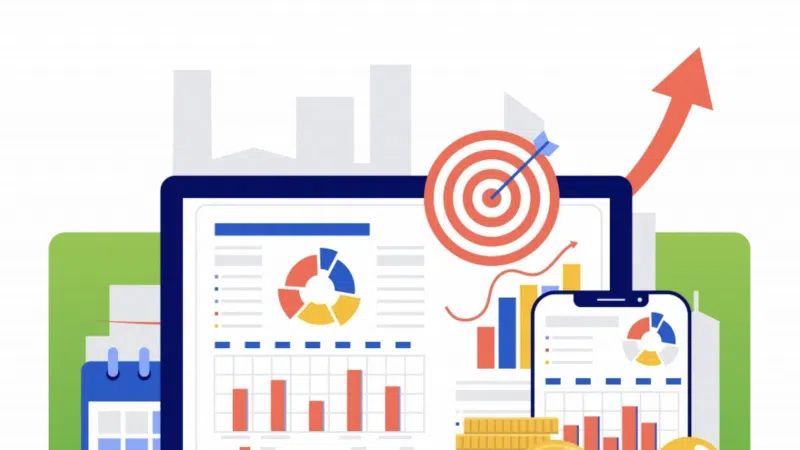
Comments